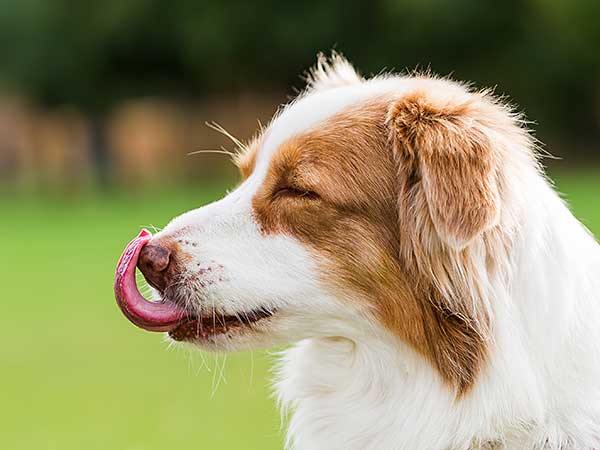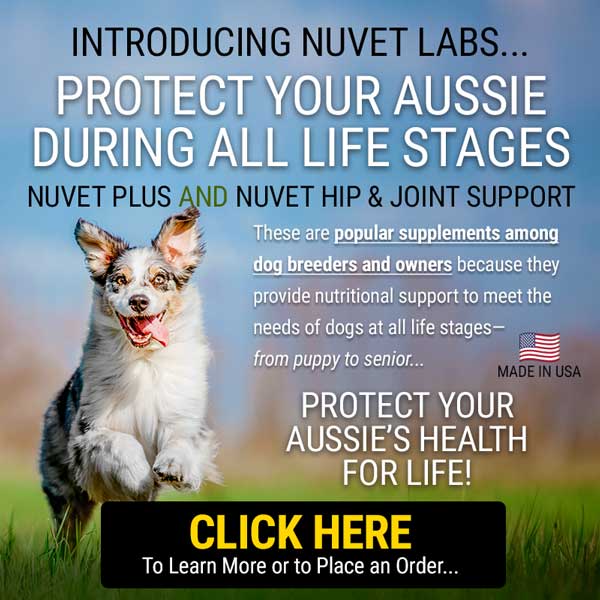
What Can You Do About Your Dog Eating Poop?
A dog eating poop is a relatively common experience but one that can be particularly distressing for owners. While dogs can naturally be drawn to consuming their own feces or the feces of other animals, it is a potentially harmful behavior that should be discouraged.
Since feces can often contain bacteria and parasites, consuming it can expose your dog to a host of medical problems, so if this is an issue for you, you need to get on top of it as quickly as possible and do something to control it.
Believe it or not, the eating of feces is actually a recognized condition with its own name, coprophagia. The cause of the condition is often purely behavioral but it can also have medical reasons behind it, usually associated with gastrointestinal issues or malabsorption of nutrients. If your dog displays a tendency to eat feces, you should first consult with your veterinarian to determine if there may be a medical cause for this behavior.
Often, a dog eating poop is a sign that he is not getting enough nutrients in his diet and is seeking to resolve this imbalance. This can occur in dogs of all ages and across all breeds, including the Australian Shepherd. Another possible explanation is that your dog isn't properly digesting its food and the stool contains sizable amounts of undigested food, which makes it automatically attractive to the dog.

Christian Müller / stock.adobe.com
In adult dogs, coprophagia may be the result of another medical condition that causes an increase in appetite, such as diabetes, Cushing's disease or thyroid disease. Treatment with some drugs, including steroids, can also cause an increased appetite, which may prompt a dog to eat feces. Because this condition can point to other medical concerns, if your dog is particularly drawn to the feces of another dog, that dog should probably be tested for an underlying medical condition as well.
A Dog Eating Poop May Be A Simple Behavioral Issue
Absent the presence of a medical cause, a dog eating poop is likely a simple behavioral issue. This is particularly true for puppies, who, like any babies, are just naturally curious about the world around them. Also, it is normal for a bitch to clean her pups and ingest their feces in the early days after birth and the pups may just be mimicking this behavior as they get older. It may also be a ploy to get attention, as they are likely to get a response from their owners when they display this behavior.
For adult dogs coprophagia can often be an outgrowth of the natural tendency to scavenge as well as the tendency to clean their young and eat their feces. While it can be disturbing it is important for owners to take the proper steps to correct the behavior.
The immediate inclination is to stick your dog's nose in the feces as a deterrent but that may actually work in exactly the opposite way and encourage consumption. Instead, if you have a dog eating poop you need to prevent access to stools by policing your dog's elimination habits and cleaning up immediately after.
This may be difficult to do for owners of breeds like the Australian Shepherd that tend to spend a lot of time outdoors and around other animals but it is the best way to correct the behavior. If there is a medical cause that should be treated and changes to the dog's diet may help to correct the problem as well. The main thing to remember is not to overreact. A cool head and a practical approach will solve the problem for you and your dog.
For more information about Aussie health issues see the Australian Shepherd Health & Genetics Institute (ASHGI).
Have Dog Training Questions?
Check out these introductory dog training videos...
I want my dog to stop being aggressive.
I want some help training my new puppy.
I want my dog to stop barking at everything.
Get Australian Shepherd Info, Website Updates, Special Offers, and Cartoons...
FREE GIFT
You'll also receive a free copy of the ebook
My Everyday Dog Training Tools
by professional dog trainer Daniel Abdelnoor, "Doggy Dan"










 Loading Image...
Loading Image...